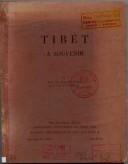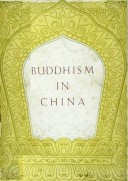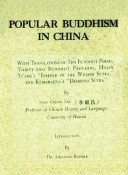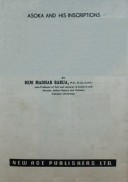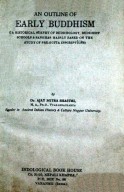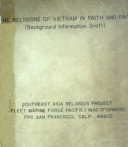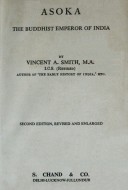Tìm Sách
Sách tiếng Anh-English >> Tibet A Souvenir
Thông tin tra cứu
- Tên sách : Tibet A Souvenir
- Tác giả : Dr. Raghu Vira
- Dịch giả :
- Ngôn ngữ : Anh
- Số trang : 80
- Nhà xuất bản : The Preparatory Bureau Afro Asian Convention on Tibet- New Delhi
- Năm xuất bản : 1960
- Phân loại : Sách tiếng Anh-English
- MCB : 12010000002827
- OPAC :
- Tóm tắt :
TIBET A SOUVENIR
By Prof. Dr. RAGHU VIRA
THE LAND AND ITS PEOPLE
“Tibet” is a corrupted form of original To-Bod meaning Upper Bod (in Sanskrit, from which is derived Hindi “Tibetan” and Sanskrit). It is the upper part of Tibet with which the people to the west came in direct contact.
We shall first introduce our readers to the territory of Tibet. The map on the opposite page is after a map of China, showing her administrative divisions, published by the Foreign Languages Press of Peking in 1958. One notices six contiguous divisions, Tibet, Chamdo, Szechuan, Yunnan, Chinghai and Kansu. One also notices that earlier designation “autonomous region “which is still appended to Sinkiang in the west, to Inner Mongolia in the north and to Kwangsi Chuang in the south, has been removed from Tibet. It is highly significant. It has preceded the invasion and occupation of entire Tibet by Chinese soldiery. The constituting of the eastern part, Chamdo Area, into a separate administrative division is the part of bigger historical design, which had earlier named the northern province of Tibet as “Ching-hai”. The use of Chinese name in place of the earlier name “Koko-nor” is to assert that Ching-hai is Han or Chinese proper. Ching-hai is a compound term, composed of ‘ching’ meaning ‘blue’ and ‘hai’ meaning ‘lake’. It is no more than a literal rendering of Koko-nor, ‘koko’ meaning ‘blue’ and ‘nor’ meaning ‘lake’. Portions of Kansu, Szechuan and Yunnan provinces are also Tibetan.
The total land surface of Tibet would be over 700 thousand square miles.
Tibet has led its own life since the beginning of recorded history. Her physical features are as unique as the culture of the people who inhabit this land. In Tibet lie sources of some of the world`s longest and mightiest rivers that irrigate China, Laos, Cambodia, Thailand, Burma, India, and Pakistan. To the south lies the Himalayas, the proudest mountain range of our globe. To the north-east is the great desert Gobi. In the east lies the plain of China. Tibet is the highest tableland and is known as the Abode of Snows and Roof of the World…
 Facebook
Facebook
 Google
Google
 Google+
Google+
